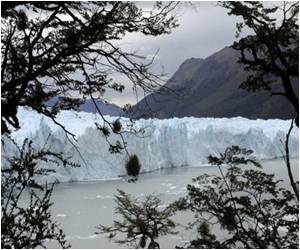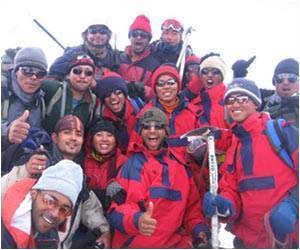The NGT banned horse riding, snow biking and paragliding on the top of the valley while the food shacks selling tea or snacks were all ordered to close.

This new ruling by India's environmental court designed to protect the Kullu Valley from its hordes of visitors now threatens to devastate the tourist industry. Anup Thakur, president of the Kullu-Manali Hoteliers Association, said, "The vast majority of the people are engaged in tourism activities in and around the Rohtang Pass. Isn't the livelihood of the people more important than the environment?"
Scientists from the Pant Himalayan Environment Institute told the NGT that vehicle emissions and other pollution were causing huge damage to the environment, including the melting of glaciers. Campaigners say the situation has reached a crisis point as authorities in the state of Himachal Pradesh had turned a blind eye for decades. Although the state government did introduce a daily limit of 1,000 vehicles on the Rohtang Pass earlier in 2015, the tribunal said the quotas were rarely enforced.
There are close to 1,000 hotels in the twin resort towns of Kullu and Manali, which have been attracting generations of Western backpackers as well as Indian tourists. The hotelier Thakur said, "There should be a check on tourism activities in the area but the court had taken no account of our bread and butter."
Suresh Acharya, a local resident, said, "A whole range of outdoor pursuits would be effectively brought to a halt by the ruling. Hundreds of locals are engaged in paragliding, pony riding, snow scooters and mountain bikes, what will they do after this ban."
But Raju Banon, who runs one of Manali's oldest hotels, Banon Resorts, said, "The environment needed to be protected so that tourism could flourish long-term.If this court order is not implemented, Manali will finish, and if that happens we are all doomed."
Advertisement









